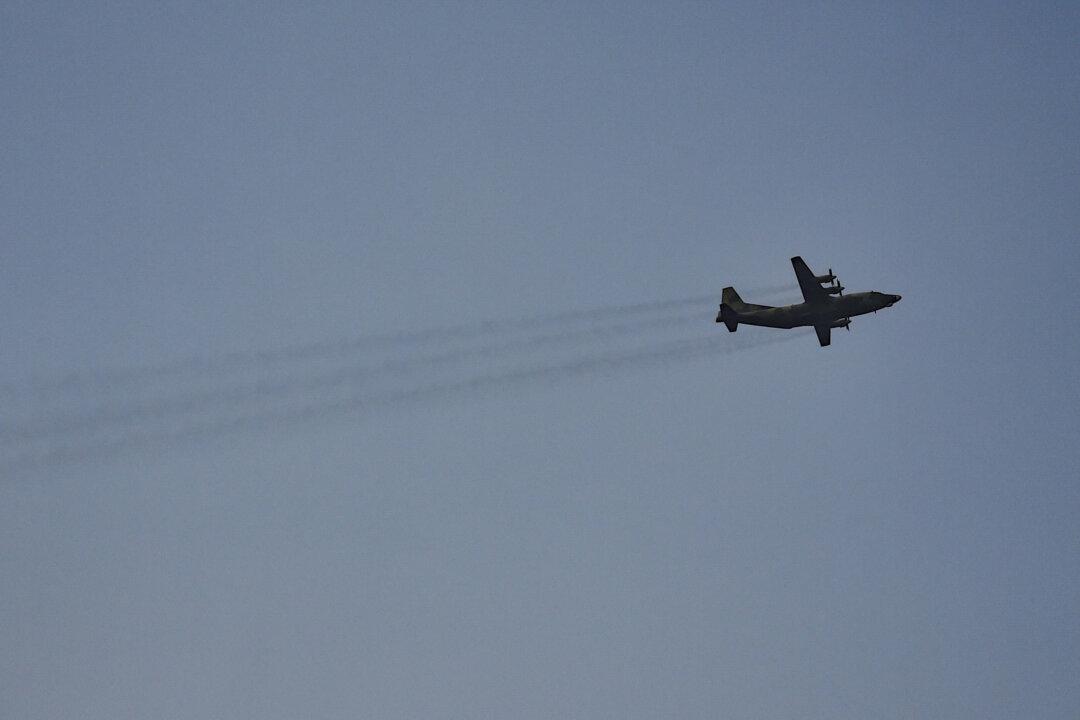President Donald Trump said on June 3 that Russia has informed him about its withdrawal of most of its personnel from Venezuela.
“Russia has informed us that they have removed most of their people from Venezuela,” Trump wrote on Twitter.

President Donald Trump said on June 3 that Russia has informed him about its withdrawal of most of its personnel from Venezuela.